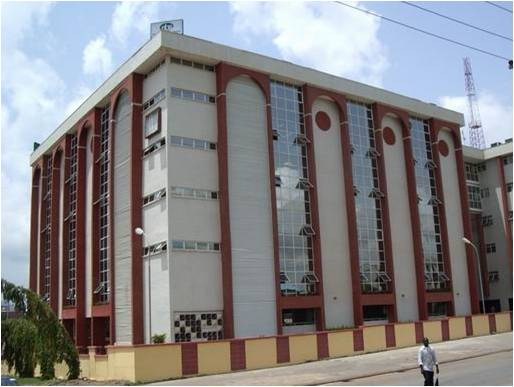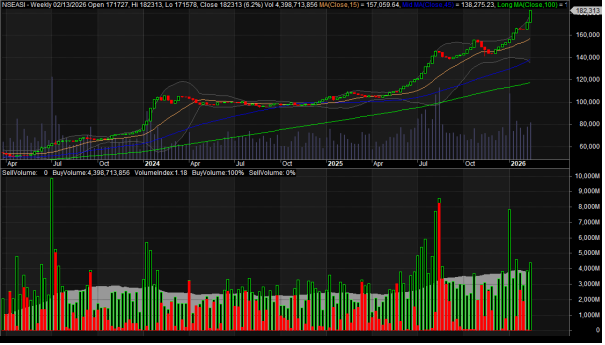
Nigeria’s National Bureau of Statistics (NBS), on Tuesday, published the Consumer Price Index for the month of November, showing that inflation for the period soared by 11.85% (year-on-year), representing a 0.24% growth over the 11.61% recorded in the preceding month.
A major growth driver for the period was the composite food index, which increased by 14.48%, compared to 14.09% in October a situation that was “caused by increases in prices of bread, cereals, oils and fats, meat, potatoes, yam and other tubers, and fish.”
On a month-on-month basis, the food sub-index however increased by 1.25% in November 2019, down by 0.08% points from 1.33% recorded in October 2019.
The average annual rate of change of the Food sub-index for the 12-month period ending November over the previous 12-month average was 13.65%, 0.11% points from the 13.54% average annual rate of change recorded in October.
Urban inflation rate climbed by 12.47%, compared to 12.2% reported in October 2019, and the rural inflation rate, which increased by 11.3% in November, compared to 11.07% in the prior month.
On a month-on-month basis, the Headline index increased by 1.02 percent in November 2019, this is a 0.05% rate lower than the 1.07% of October 2019.
The urban index rose by 1.07% for the month under review, down by 0.08% from
1.15%.
In the period under review, all items inflation on YoY basis peaked at 15.40% in Kebbi; followed by its neighbouring Sokoto’s 14.58%; while Niger recorded 14.15%.
Inflation grew at its slowest pace in Kwara, where it recorded 9.70%; while Abuja followed with 10.30%; and Imo, 10.43%.
On a month-on-month basis, however, all items inflation was at its highest of 2.48% in Bayelsa; Niger followed with 2.39%; and Ebonyi, 2.2%; just as “Abuja, Adamawa, Bauchi, Benue and Ondo recorded price deflation or negative inflation (general decrease in the general price level of food or a negative food inflation rate.”
In November 2019, the NBS said in its report that food inflation on a year-on-year basis was highest in Sokoto at 18.77%; Kebbi, 18.08%; and Ekiti, 17.18%; while Bauchi reported 12.44%, the slowest rise among the 36 states. It was followed by Bayelsa with 12.50%; and Katsina, 12.61%.
On month on month basis, however, November food inflation was highest in Kwara, 2.92%; Sokoto, 2.72%; and Bayelsa, and Edo, 2.66%; while Nasarawa recorded 0.31%, the slowest rise. Lagos and Ondo recording price deflation or negative inflation (general decrease in the general price level of food or a negative food inflation rate.












